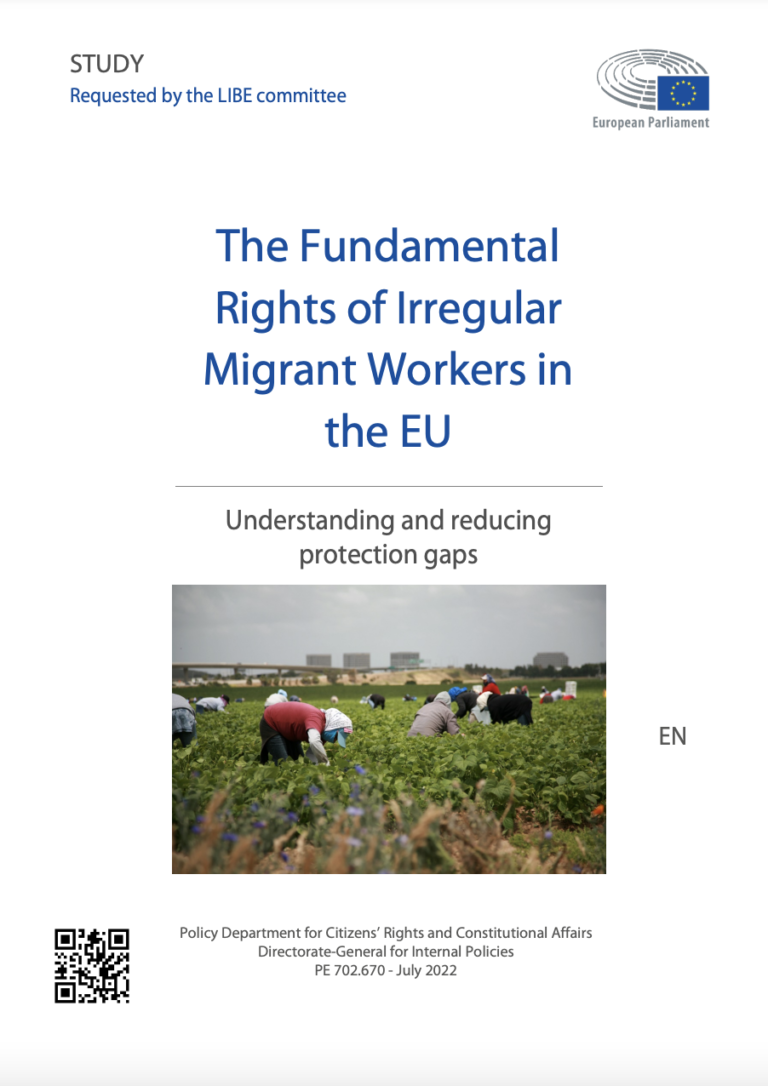Strengthening International Response to Alleged Xinjiang Forced Labour
GuidanceSince 2018, a range of civil society, academic and governmental actors have raised concerns about possible forced labour in and connected to the Xinjiang Uyghur Autonomous Region in the People’s Republic of China. Governments and corporate en...Read More

